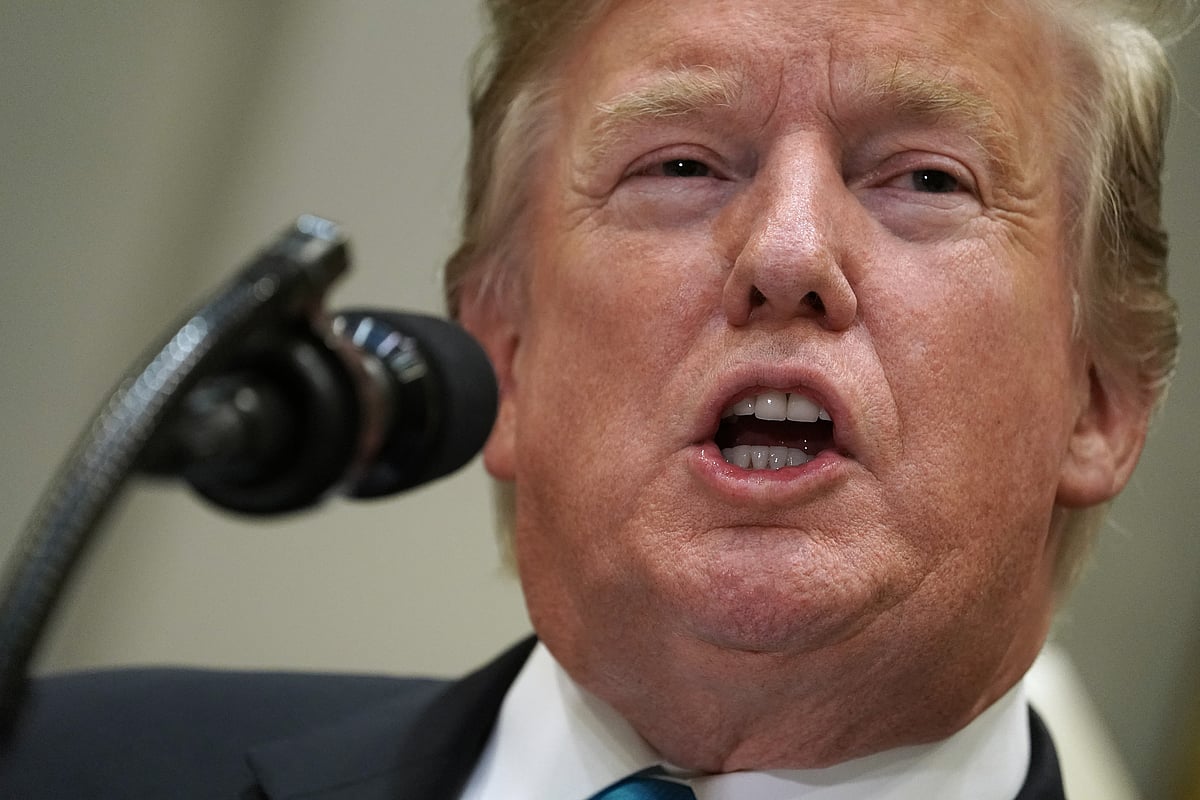Trump Announces 100% Tariffs on China Over Rare Earths
In a significant escalation of trade tensions, President Donald Trump has announced a 100% tariff on Chinese imports. This decision follows China’s recent imposition of strict export controls on rare-earth minerals, which are crucial for various high-tech industries. The tariffs, set to take effect on November 1, aim to counteract China’s growing influence over these essential materials.
Impact on the Stock Market
The announcement has already had a profound impact on the financial markets. Following Trump’s declaration, the Dow Jones Industrial Average plummeted nearly 900 points, marking one of the most significant single-day declines since April. Investors reacted swiftly to the news, leading to a widespread selloff in stocks, particularly those linked to technology and manufacturing sectors that rely heavily on rare-earth elements.
Broader Implications for Trade Relations
These tariffs are part of a broader strategy to address what the U.S. government views as unfair trade practices by China. The new measures also include restrictions on critical software products, further straining the already tense relationship between the two economic powerhouses. Analysts suggest that this could lead to a protracted trade war, affecting global supply chains and economic stability.
FAQs
What are rare-earth minerals?
Rare-earth minerals are a group of 17 elements essential for manufacturing high-tech devices, including smartphones, electric vehicles, and military equipment.
How will the tariffs affect consumers?
The 100% tariffs may lead to increased prices for goods that rely on rare-earth minerals, potentially impacting consumer electronics and other products.
What are the potential long-term effects of this trade war?
Long-term effects may include disrupted supply chains, increased costs for manufacturers, and potential retaliatory measures from China, which could further escalate tensions.
Conclusion
The introduction of 100% tariffs on Chinese imports marks a critical moment in U.S.-China trade relations, with potential repercussions for global markets and industries reliant on rare-earth minerals. As the situation develops, stakeholders will need to monitor the impacts on both economies and consider strategies to mitigate risks associated with this renewed trade conflict.
The rare-earth minerals in question include elements such as neodymium, dysprosium, and terbium, which are vital for the production of magnets, batteries, and other advanced technologies. The United States has historically relied on imports for these materials, with China accounting for a significant portion of global supply. This dependency has raised concerns among U.S. policymakers about national security and economic competitiveness, prompting calls for increased domestic production and alternative sourcing strategies.
In response to the tariffs, China may consider various countermeasures, including the possibility of restricting exports of rare-earth minerals to the U.S. Such actions could exacerbate the situation, leading to further volatility in the markets and potentially driving up prices for consumers. Analysts warn that a prolonged trade conflict could hinder innovation in technology sectors that depend on these materials, as companies may face increased costs and supply chain disruptions.
The geopolitical implications of this trade dispute extend beyond economic factors. The U.S. and China are engaged in a broader competition for technological supremacy, with rare-earth minerals playing a crucial role in the development of next-generation technologies such as renewable energy, electric vehicles, and advanced military systems. As both nations seek to secure their positions in the global market, the outcome of this trade conflict could shape the future landscape of international relations and economic alliances.
Furthermore, the tariffs may prompt other countries to reassess their own trade relationships with China, potentially leading to shifts in global supply chains. Nations that produce rare-earth minerals, such as Australia and Canada, may see increased demand for their resources as companies look to diversify their supply sources away from China. This could create new opportunities for collaboration and investment in these countries, while also raising questions about environmental and ethical considerations associated with mining and production practices.
As the situation unfolds, businesses and consumers alike will need to stay informed about the evolving trade landscape and its potential impacts on prices, availability of goods, and the overall economy.
Also Read:
US Government Shutdown’s Impact on Gulf Economies
Gold Prices in Dubai Increase Amid Economic Concerns
Tony Blair’s New Role in Gaza: Opportunities and Challenges







